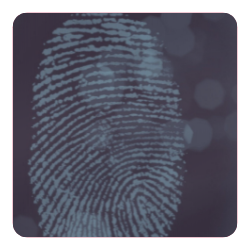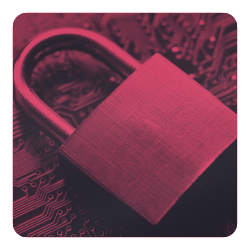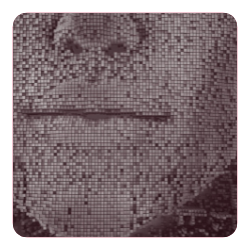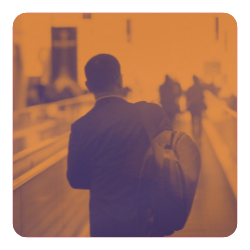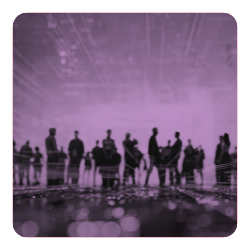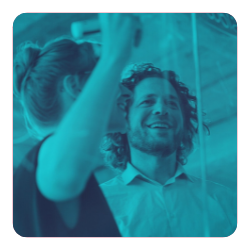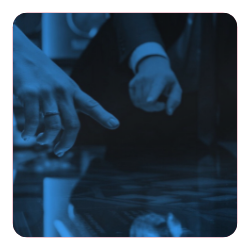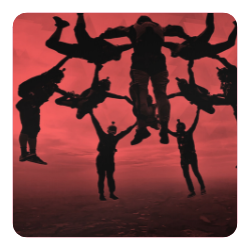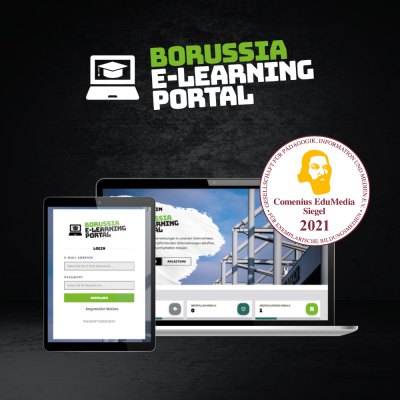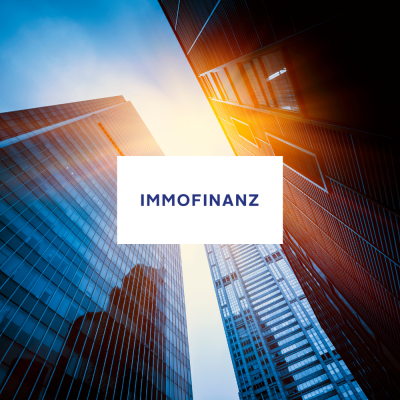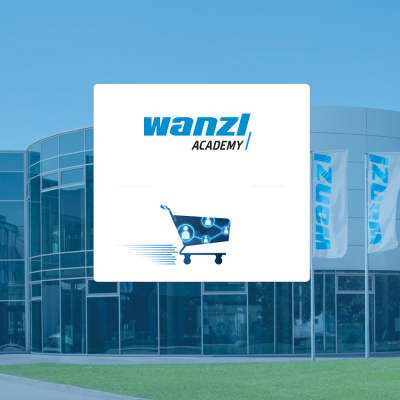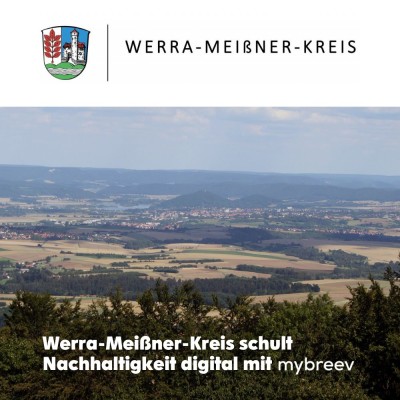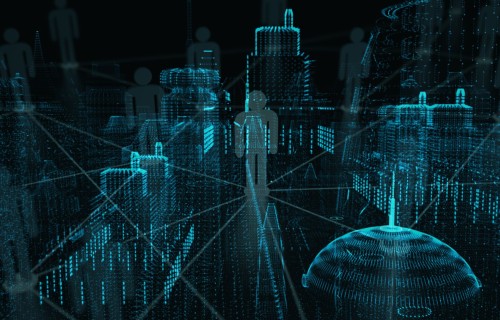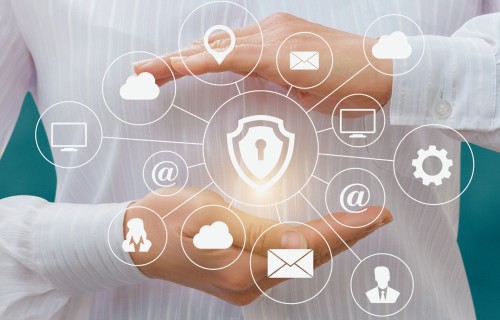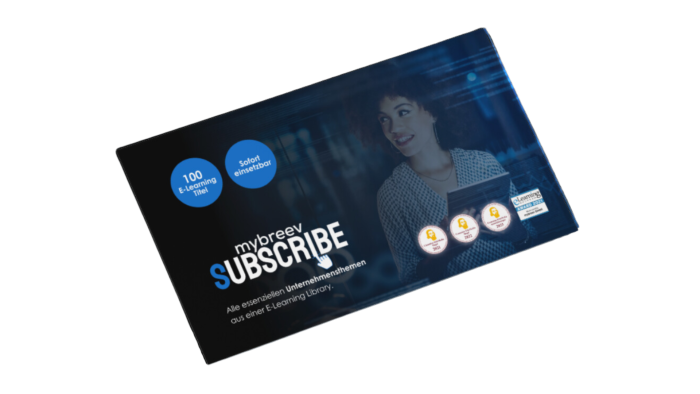Hacking lurks everywhere: (Un)known threats to sensitive information
Unauthorized access to information is commonly referred to as hacking. Hacking can take place not only digitally, but also in analogue form. A classic example of analogue hacking is social engineering, also known as human hacking. In this case, human behaviour is deliberately exploited to obtain relevant information. The perfidious thing is that social engineering and other forms of hacking can take place almost anywhere. Employees must therefore be appropriately sensitized to protect sensitive information in the best possible way – in all situations.
Threats also lurk beyond the company`s walls
Nowhere is immune to possible hacking. Hacking can take place almost anywhere. We present a few places - have you already taken them into account in your employee sensitization?
- Smart phone: In the almost 30 years of its existence, the smart phone has enjoyed an unprecedented triumph. The small pocket phones have long since become true all-rounders – even at work. Yet they pose a security risk that is often underestimated. While computer systems are usually well protected, smart phones are not – and therefore become a prime target for hackers. Whether unsecured charging stations or missing DLP applications: To protect sensitive information on smart phones, employees should be made aware of existing risks.
- Public transportation: Many people use public transportation to get to work – more than half of all commuters do. Most of them use buses, suburban trains, subways or trams. But if you quickly check your e-mails on your cell phone or make a last call, you should be careful – or do you know which eyes and ears are following you?
- Home office: The Corona pandemic in particular has given home office a considerable boost. But what about information security? – Private networks, openly accessible home offices or the disposal of documents in the household garbage: For hackers and other criminals, home office can become a rewarding treasure trove.
- Restaurant: A casual drink with colleagues after work or a business lunch with a customer – pubs and restaurants are places for socializing and exchanging information. However, you should keep sensitive information to yourself. Your counterpart talks carelessly about an ongoing project or other company internals? – Point it out to him and strike up another topic.
- Travel: Business travel continues to be a part of the business world, even after Corona. However, sensitive documents and data are at increased risk when doing so. Whether in a hotel room, at the bar or in checked luggage, anyone travelling should always make sure that documents and data media are secure from unauthorized access. Particular caution is also required when exchanging professional information with strangers to avoid becoming the victim of a social engineering attack.
Comprehensive protection through professional training and awareness programs
Comprehensive protection concepts require comprehensive measures. Because information is not safe anywhere from analogue and digital hacking. Therefore, make your employees and managers aware of potentially dangerous situations and provide helpful tips for practical use. Point out the importance of comprehensive protective measures and make it clear that these measures also lose none of their significance outside the company. Security Island offers professional training for this purpose and is your partner in the development and implementation of an overall training and awareness program.
Together with Deutsche Telekom Security GmbH, we developed the Security Awareness Library. The goal was to develop a digital awareness measure that would reach all employees in the most appealing way possible and raise their awareness of how to deal with cyber attacks.
Read more at: https://www.security-island.com/de/sal


